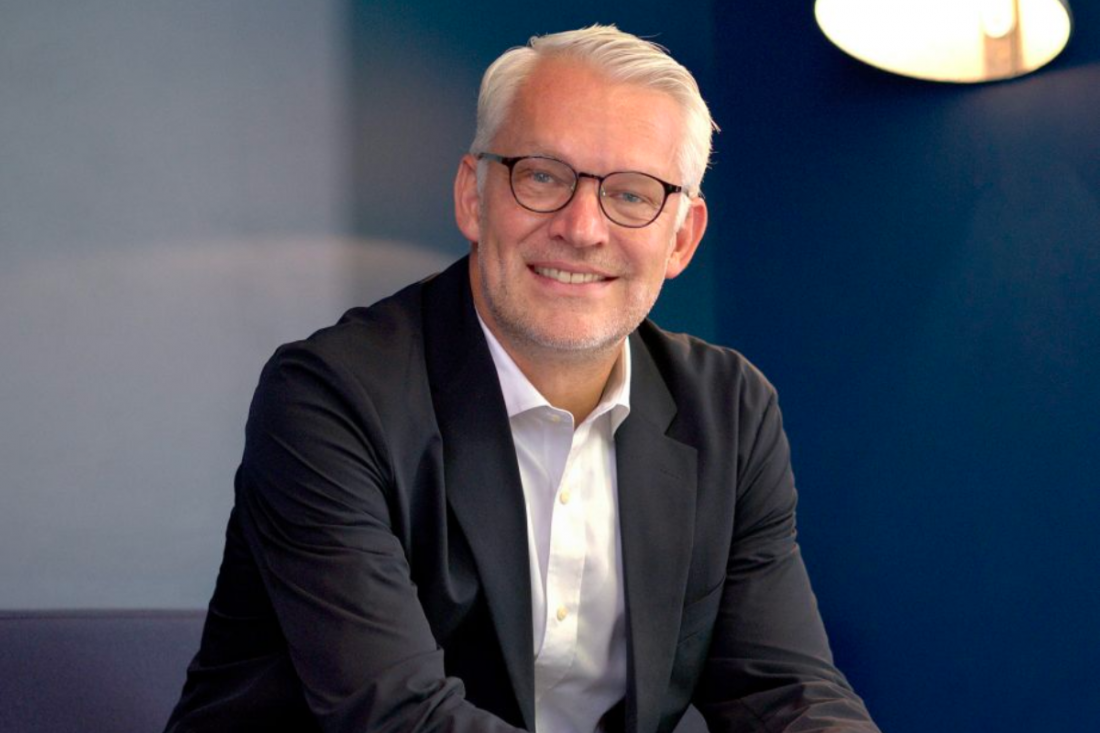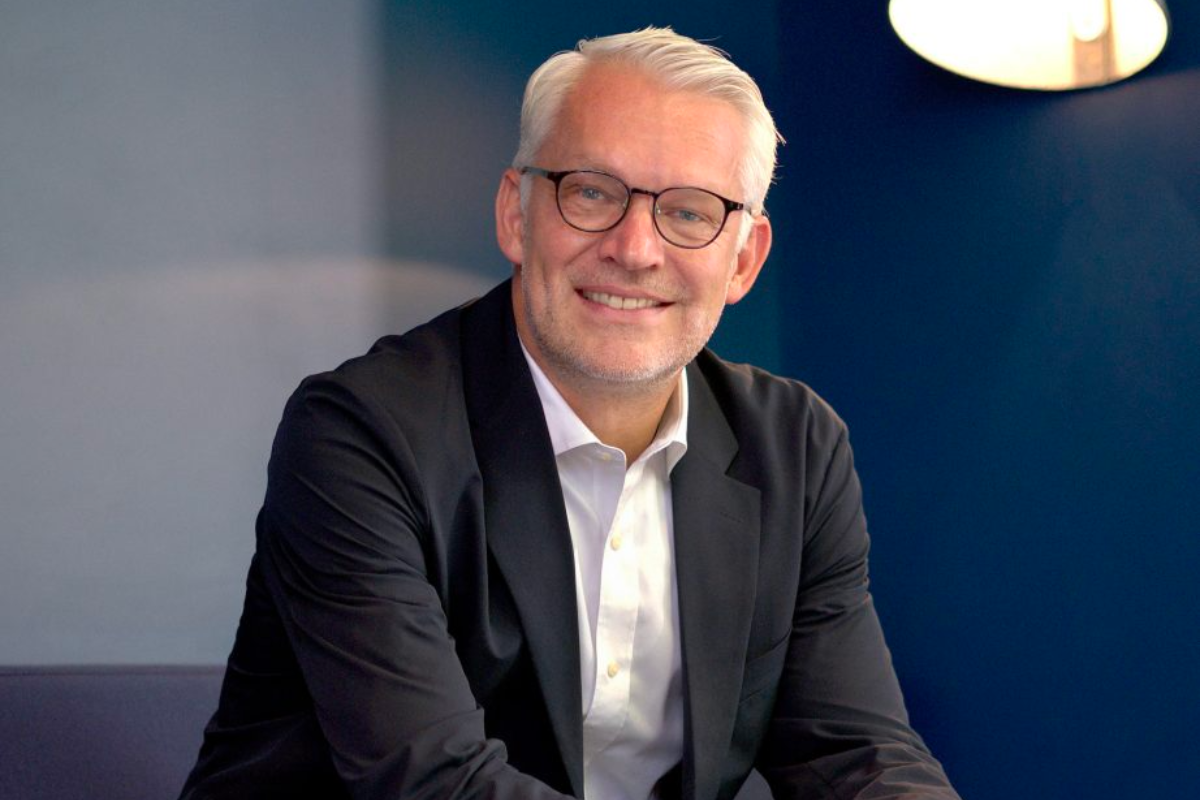While the future of the office has been the subject of hot debate, the global office furniture market shows no signs of slowing down.
In fact, according to the President of Haworth International, Henning Figge, the advent of the home office has opened new growth markets for what was a B2B-oriented company.
“The office has come to the home, so we’ve also become a B2C brand,” he tells The CEO Magazine.
“We have our own stores, but the biggest chunk of the business is office chairs. Private customers nearly always buy our two most expensive products as they value ergonomics. Corporate customers look rather at cost.
“It’s food for thought for corporate customers to invest in the right seating technology, as it’s a huge influence on the workforce’s health, which is every company’s productive asset.”
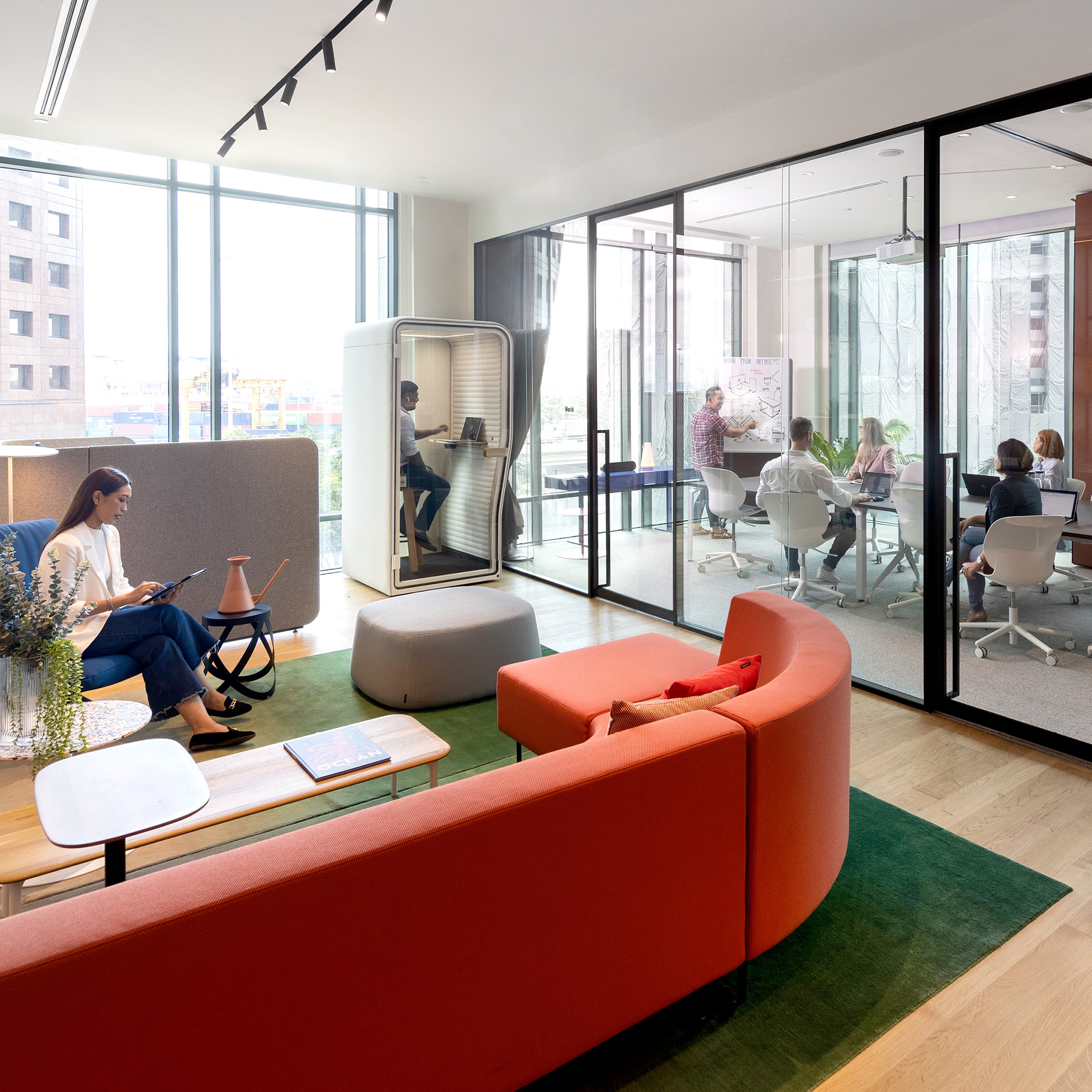
“Learning has become very similar to the design of an office. It’s always about collaboration, interaction and concentration so you can transfer knowledge.”
Initially founded in 1948 and headquartered in Holland, Michigan, Haworth has evolved into one of the largest furniture manufacturers in the world, serving markets in more than 150 countries through a global network of 400 dealers and more than 8,000 employees.
Figge oversees the European and Middle Eastern regions as well as the expansive Asia–Pacific regions, including two substantial service centers in Chennai, India and Kuala Lumpur, Malaysia, which service markets in Europe, Asia and North America.
It’s a vast global remit for him, and also one ripe for diversification.
“The education sector is a huge growth market in Asia. A substantial middle class, especially in China and India, wants to invest in education for their children,” Figge says.
“Private schools and universities are blossoming. Learning has become very similar to the design of an office. It’s always about collaboration, interaction and concentration so you can transfer knowledge.”
The Right Environment
Haworth owes much of its success in the 1970s to creating the first office cubicle with internal wiring. The theme continues today as it ventures into acoustics, acquiring acoustic solutions company BuzziSpace.
“You need to ensure that you have the right guidance and absorbance of sound so focused work is still possible and conversations are not disturbing for others,” Figge says.
“But that is not only in the office. If you go to a restaurant, that the acoustic experience is typically way too loud and you have to shout. The same applies to the education sector.”
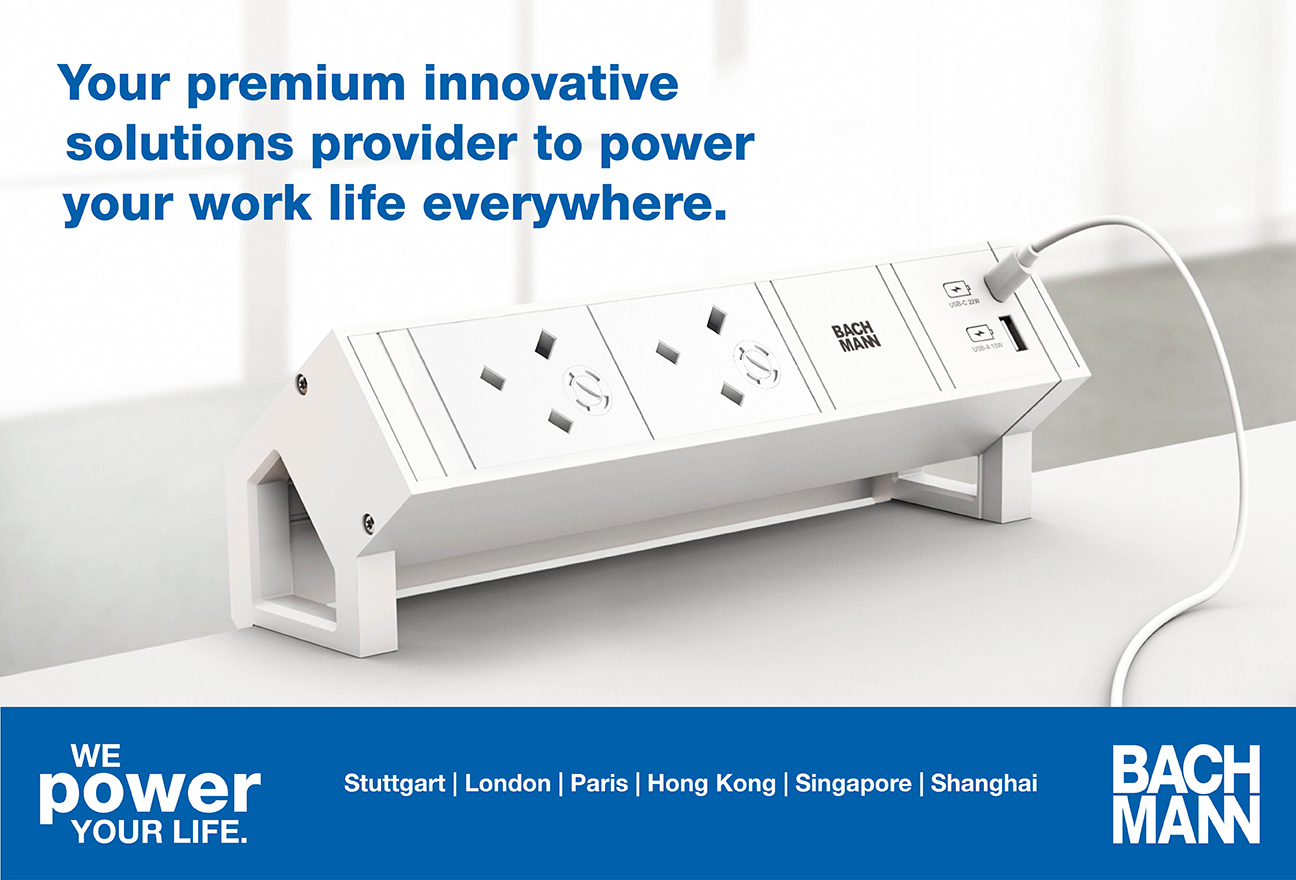
Advertisement
Sustainability is also a critical focus. Figge highlights sustainability as having been embedded in the values of Haworth for decades. “One of our seven values is, ‘We work to make the world better’,” he says.
“As part of the SBTi – the Science Based Targets initiative – we’re expected to be net zero and carbon neutral in regard to Scope 1 and Scope 2 emissions by the end of 2025, and we have ambitious targets for Scope 3.
“It’s helping the world, but ethics are also a business necessity. Customers increasingly require precisely knowing the carbon footprint of each of our products and how they can influence that.”
Figge stresses that Haworth is proud to be a values-driven organization that partners with like-minded companies such as digital solutions provider Bachmann Hong Kong.
Never Complacent
While he believes Haworth is well prepared for the future, there’s always more to do.
“We are working relentlessly on having the proper understanding and the suitable measures to achieve our ambitious targets,” he says.
Part of this strategy involves focusing on regionalizing its supply chain. “There’s a dependency, not only on the global supply chain but also regionally,” he explains.
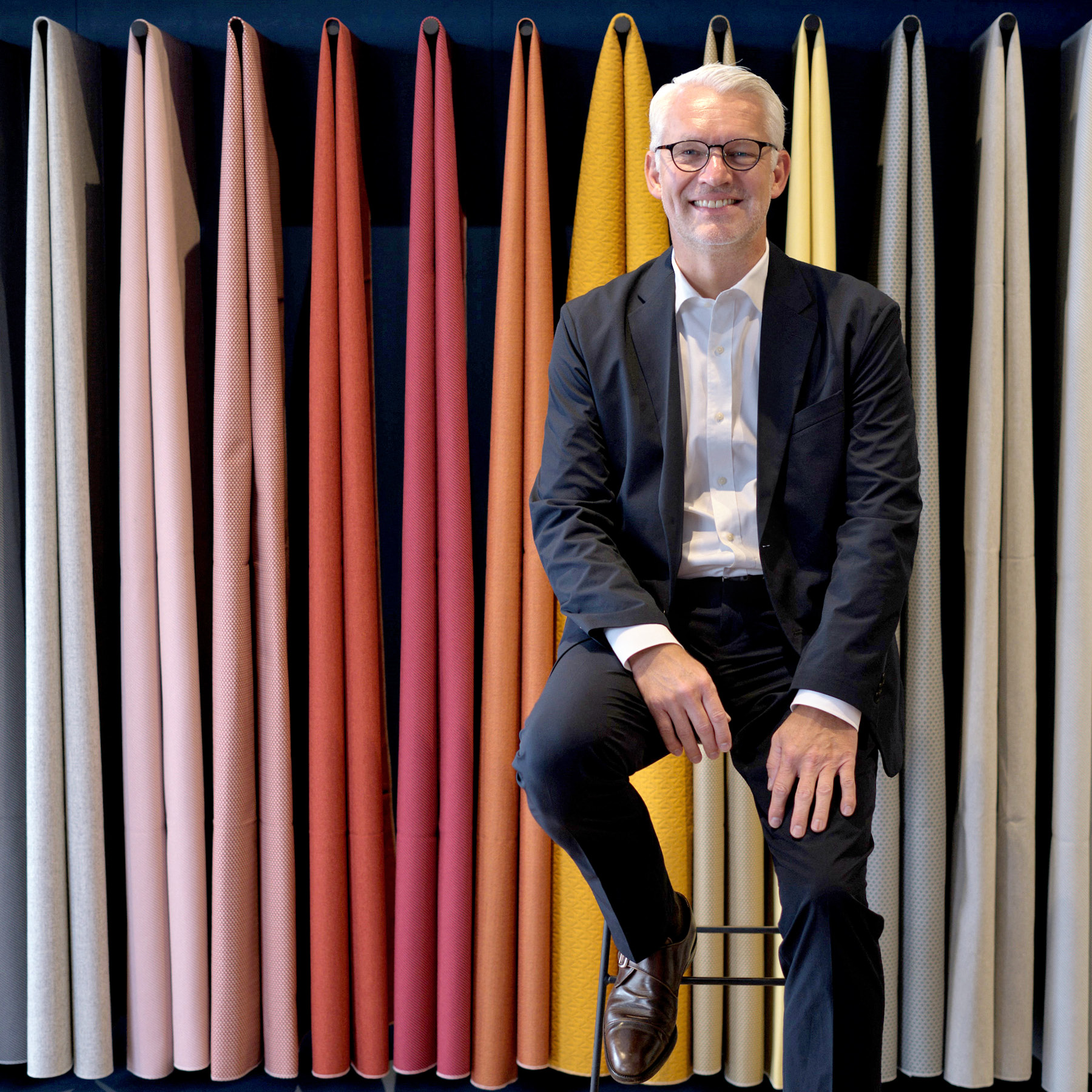
“We are working relentlessly on having the proper understanding and the suitable measures to achieve our ambitious targets.”
“By regionalizing, you reduce your vulnerability, and at the same time, from a carbon footprint perspective, you reduce transportation waste and therefore CO2 emissions. This is a double-win situation.”
The deglobalization of its supply chain is certainly a big topic from a strategic perspective. “It’s a multiple-year strategy that will cost a lot of money and also take time,” he explains.
But Haworth, like the furniture it produces, is in it for the long haul.

